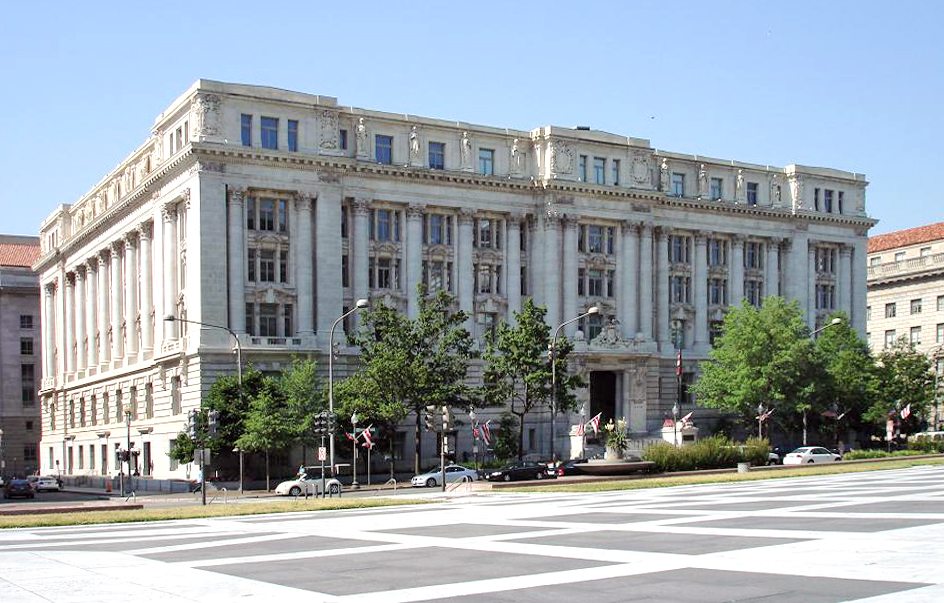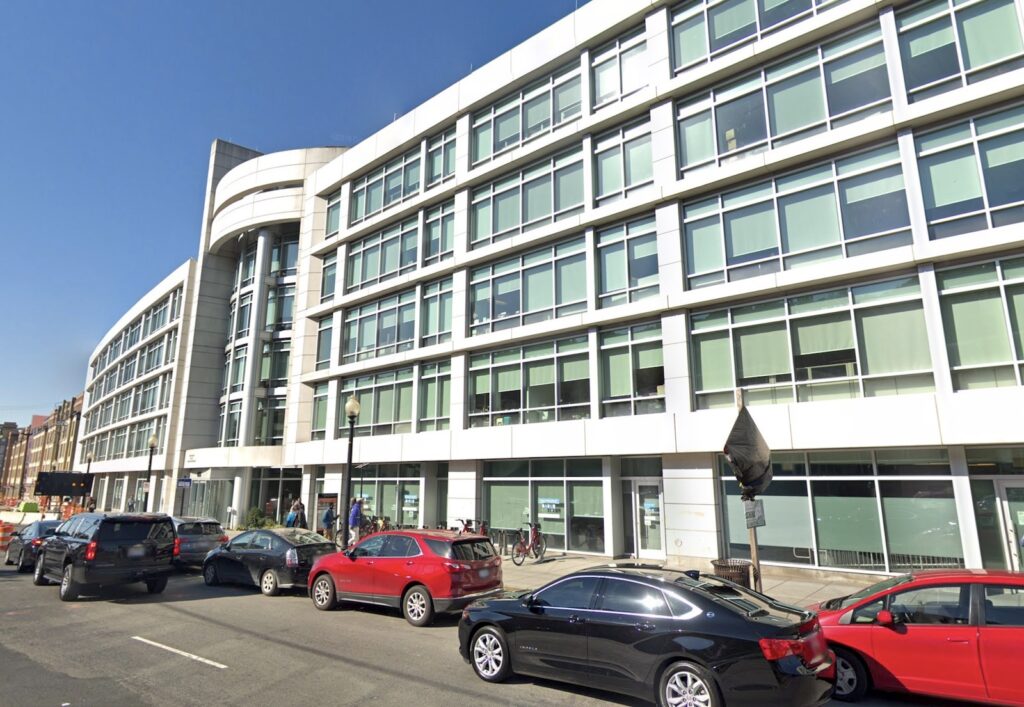Thousands of low-wage workers in the District got a workers in the District got a pay raise with the New Year, as the minimum wage for private-sector jobs rose from $6.15 to $6.60 an hour January 1. A second hike will bring the minimum wage to $7 an hour in January 2006.
For a full-time worker, the $6.60-an-hour wage means a raise of almost $1,000 a year. “That extra $1,000 is available to help pay for basic needs, such as now months’ rent or five months of child care,” according to Amy Chasanov of the Economic Policy Institute.
Chasanov and other experts said that the new pay rates will bring a measure of much-needed relief to some of the area’s lowest-paid workers, including many in hotel, restaurant, retail, health care, parking lot, and other service-sector jobs, who have been squeezed by rising housing costs and a rising cost of living.
D.C. City Council member David Catania (I-At-Large), who cosponsored the wage-hike legislation with then-Council member Sandy Allen (D-Ward 8), agreed and said the extra income for minimum-wage workers “would have a significant impact in the lives of these individuals and their families.”
The D.C. minimum wage last rose in 1997, when the federal minimum rose to $5.15 an hour (D.C.’s minimum wage had been set at one dollar above the federal baseline). Since then it has lost ground to inflation and the cost of living.
And while the minimum wage remained stagnant, the region experienced a greater increase in the cost of living than the nation as a whole. Additionally, typical rents have risen sharply in the District, while the vacancy rate for rental housing has declined in recent years.
This means that the lowest-paid workers and their families have found it rougher to pay for basic needs such as food, shelter, health care, and childcare.
Catania described the Council action as an attempt at least to make up the purchasing power the minimum wage has lost.
The seven-dollar-an-hour figure “represents the loss in purchasing power since the last time the minimum wage was adjusted,” he said. “It had lost about 14% of its value, and so we looked at purchasing power in addition to the Consumer Price Index and, based on how the minimum wage has been eroded since 1997, we in effect [restored] the prior purchasing power.”








